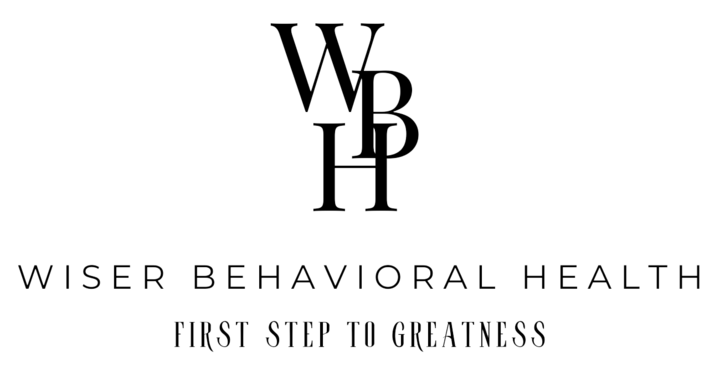How to Treat Co-Occurring Disorders
Treating co-occurring disorders, also known as dual diagnosis, involves a comprehensive approach that addresses both the mental health disorder and substance use disorder simultaneously. The most effective treatment plans are tailored to the individual, integrating multiple types of therapy to meet their specific needs. This generally includes a combination of medication management, psychotherapy, support groups, and lifestyle changes. Medication can help manage symptoms of mental illness and reduce cravings for substances, while psychotherapy such as cognitive-behavioral therapy (CBT) can help individuals understand the root causes of their disorders and develop coping strategies. Support groups provide a sense of community and understanding, helping individuals realize they’re not alone in their struggles.




